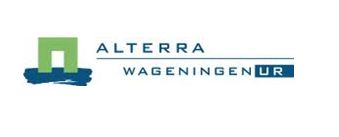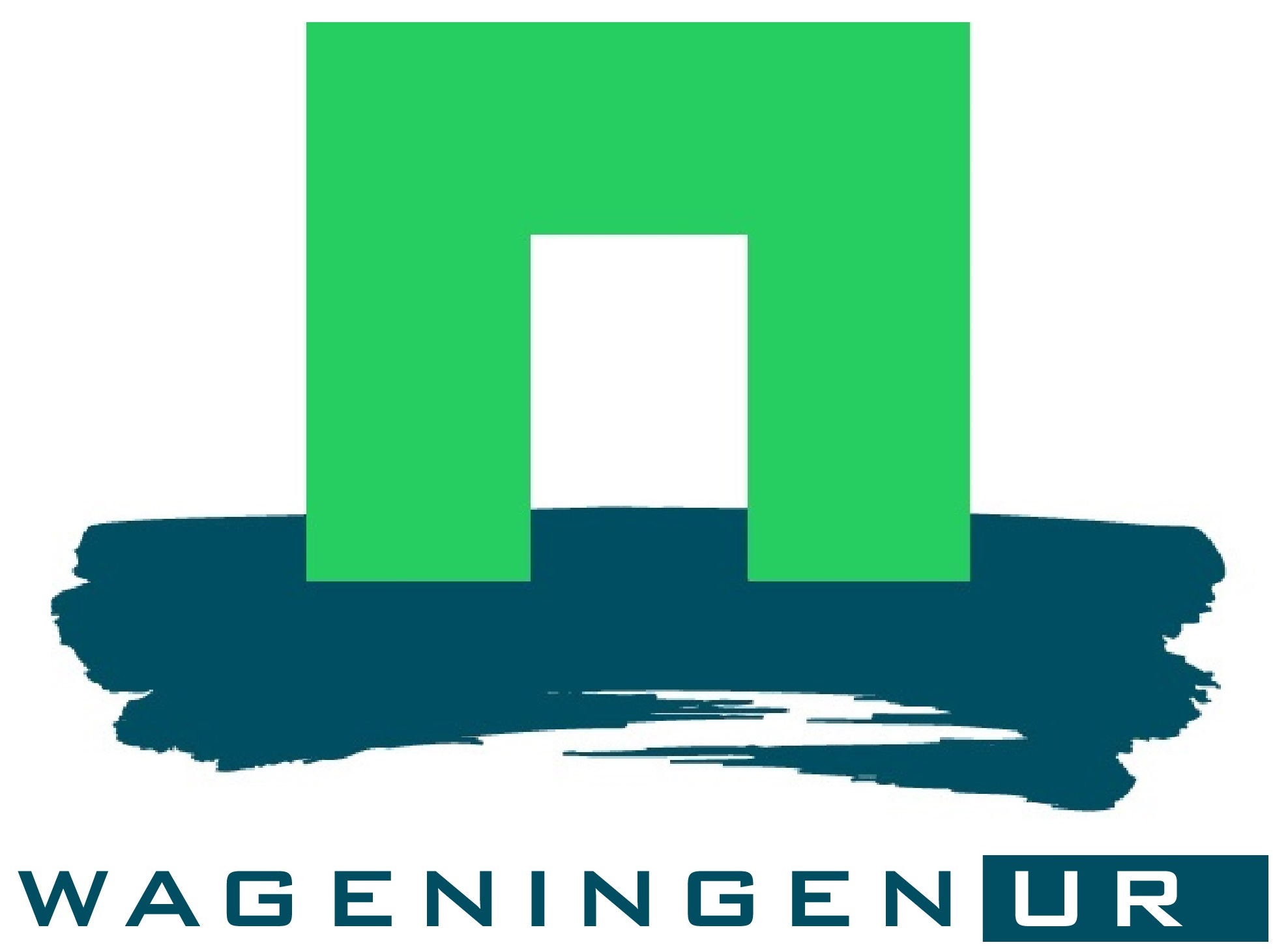Location
6700 AA Wageningen
The Netherlands
Wageningen Environmental Research (also known as Alterra) is the Dutch research institute for our green living environment. We offer a combination of practical and scientific research in a multitude of disciplines related to the green world around us and the sustainable use of our living environment. Our expertise includes knowledge of water, nature, biodiversity, climate, landscape, forest, ecology, environment, soil, landscape and spatial planning, geo-information, remote sensing, flora and fauna, urban green, man and society etc.
Wageningen Environmental Research is part of Wageningen University & Research. In research and education we closely co-operate with the department of Environmental Sciences at Wageningen University & research. The exchange of expertise and capacity and the match between fundamental and practical research in various projects give us a scientific advantage.
Wageningen Environmental Research was established in the year 2000 after a merger of the DLO-Starting Centre and the Institute for Forest and Nature Research (Bos- en Natuuronderzoek (IBN)). The Stichting voor Bodemkartering (STIBOKA), Instituut for Cultuurtechniek en Waterhuishouding (ICW) as well as other research institutes also merged into the Research Institute of Wageningen Environmental Research.
Members:
Resources
Displaying 26 - 30 of 562Kwaliteit en ruimtelijke data in relatie tot het LPIS : kwaliteitsaspecten rondom het beheer van ruimtelijk data
Elke lidstaat is verplicht om een Geïntegreerd Beheers- en Controlesysteem (GBCS) op te zetten. Een belangrijk onderdeel van dit GBCS is een systeem voor de identificatie van percelen landbouwgrond, ook wel perceelsregister of LPIS (Land Parcel Identification System) genoemd. In 2010 is door de EU een nieuw raamwerk opgezet om die kwaliteit van het perceelsregister te toetsen. Dit raamwerk wordt ook wel LPIS QAF genoemd. De elementen die deel uitmaken van dit kwaliteitsraamwerk komen voor een groot deel overeen met al bestaande kwaliteitsraamwerken zoals ISO en NEN.
Desire for Greener Land. Options for Sustainable Land Management in Drylands
Humankind currently faces interconnected, worldwide challenges of feeding our rapidly growing population while simultaneously preserving our natural resource base, adapting to climate change, and creating or maintaining favourable living conditions for present and future generations. The world’s population is growing exponentially. It is expected to rise from seven to more than nine billion people in the next few decades.
Sampling efficiency of national, EU and global stratifications : exploring by using CL2000
Stratification, dividing the statistical population into less heterogeneous subgroups before sampling, can help improve sampling efficiency by improving representativeness and reducing sampling error. This report explores the added sampling efficiency that is achieved by using the European Environmental stratification for estimating the area covered by the 25 Corine Land Cover (CLC) categories occurring in the semi-natural and managed terrestrial habitats of the wider-countryside.
Multifunctionele Platforms op Zee, het concept, de wet en regelgeving en de lessen voor de toekomst
De mariene systemen en de kustzones worden steeds intensiever gebruikt voor verschillende functies. Hierdoor ontstaan nieuwe 'competing claims' op deze ruimte. Deze variëren van claims van natuur en biodiversiteit (zee-reservaten), vanuit de economie (visreservaten voor de visserij) tot het ontwikkelen van zones voor windmolens, boorplatforms, zandwinning, scheepvaart etc. Dit rapport geeft een beschrijving van een relatief nieuw fenomeen dat in opkomst is: Multifunctionele Platforms op Zee waarop maritieme activiteiten met elkaar zijn geclusterd op zee.
Competing claims on natural resources
Land is serving as a basis for the production of food, feed, fibres, wood, bio-energy, for biodiversity, recreation and many other goods and services ecosystems provide. Additional to that, land can also be used for infrastructure, houses etc., making no direct use of natural resources, but of the physical land structure. While some resources and ecosystem services can be delivered simultaneously, others are mutually exclusive, and therefore tend to compete for land. Competing claims is a notion that different and/or excessive claims are made on land that may jeopardize its sustained use.




